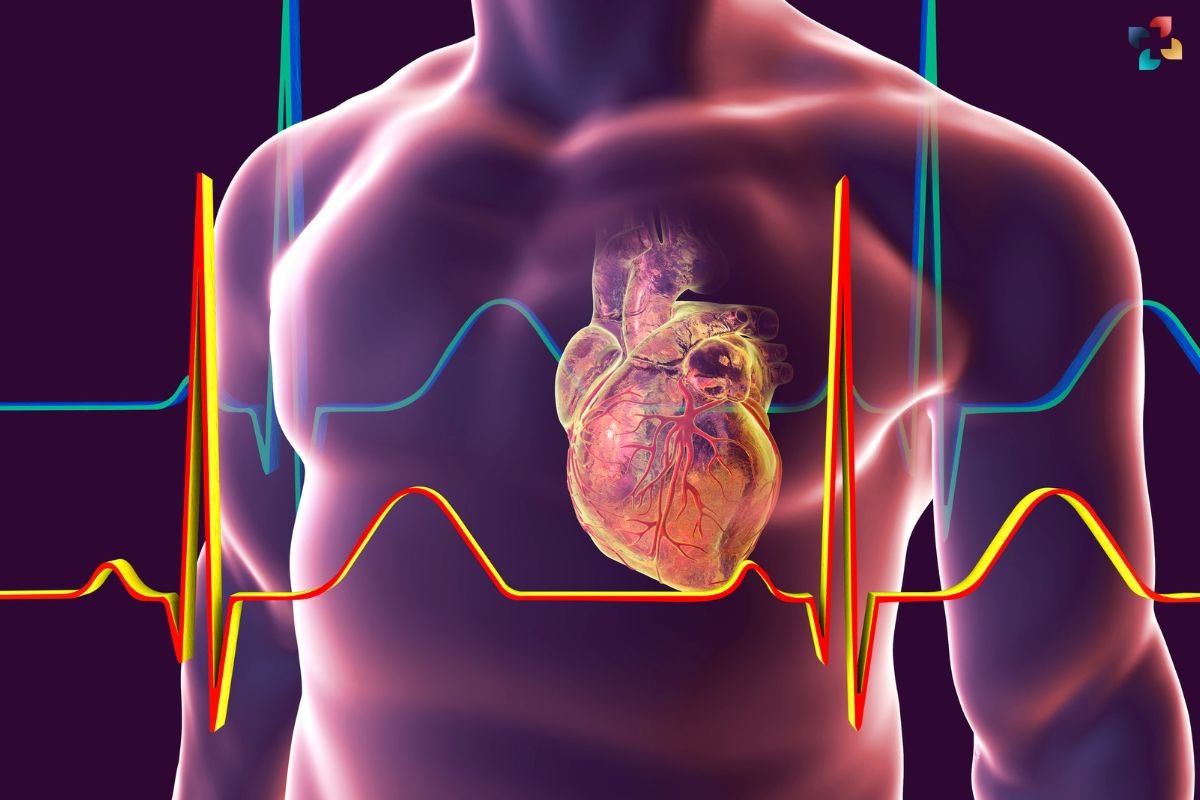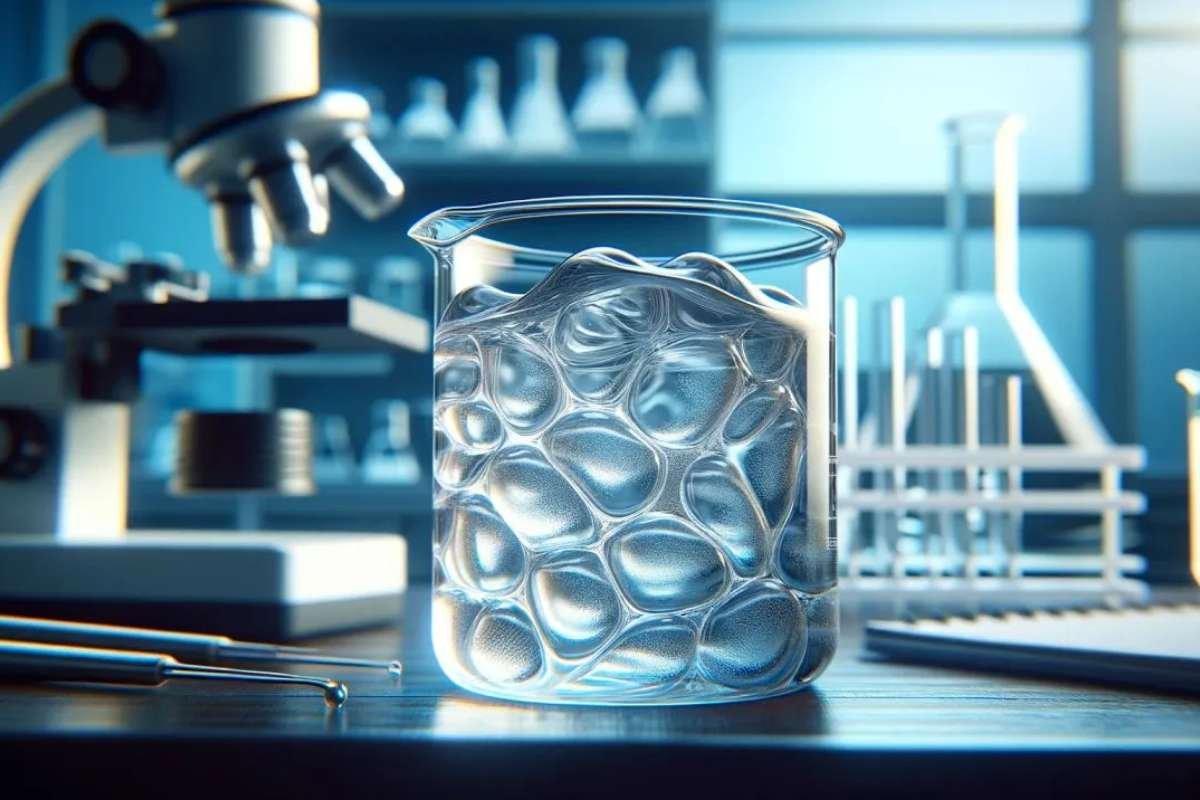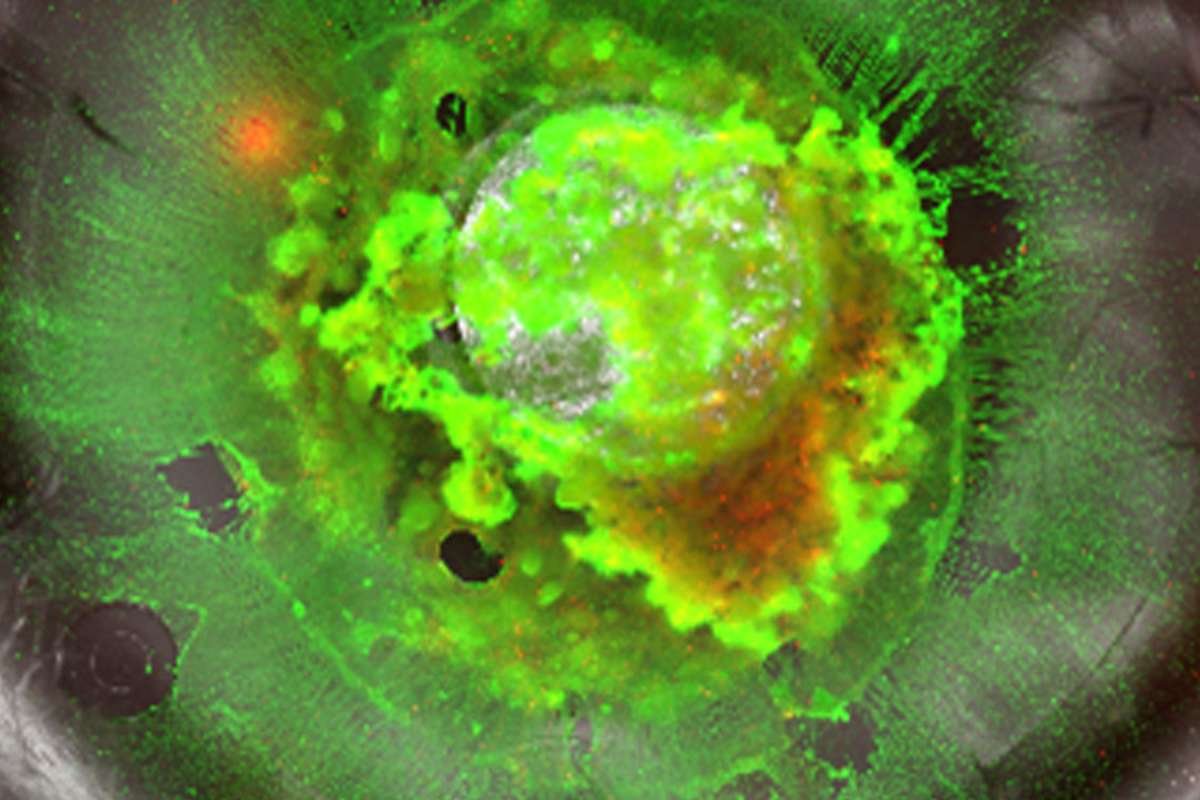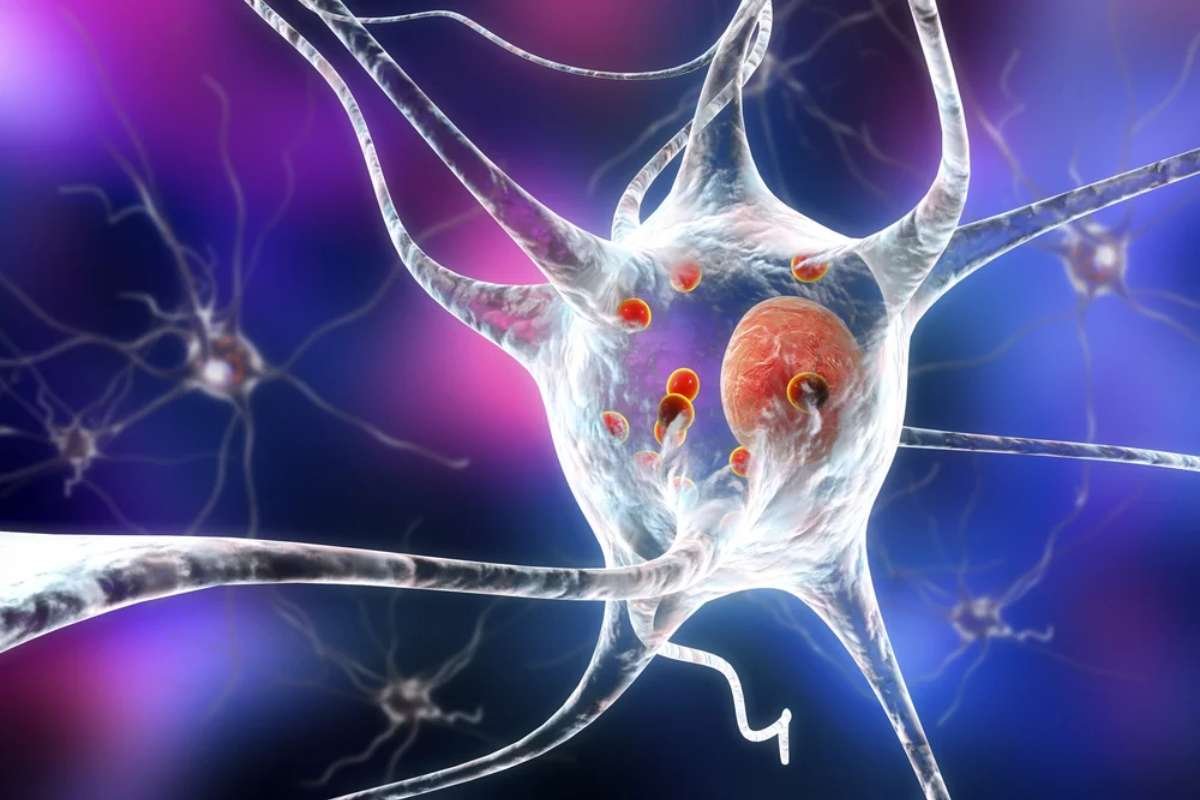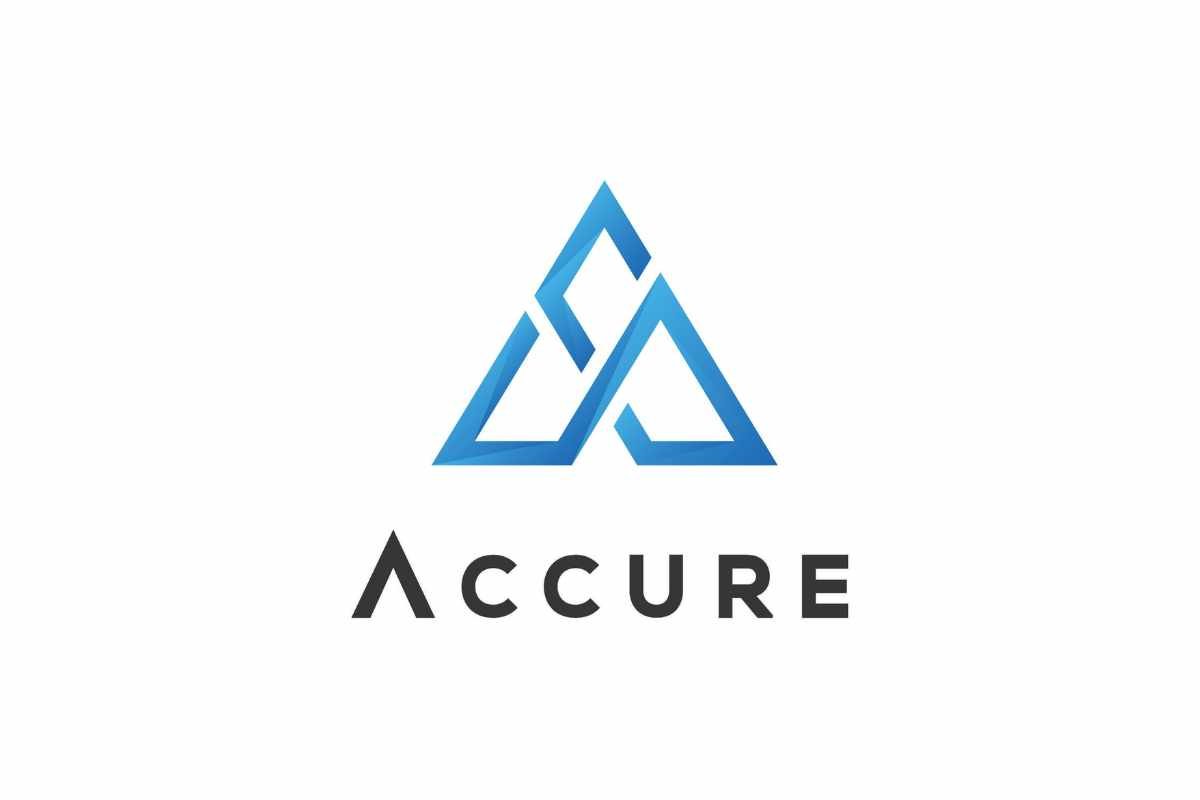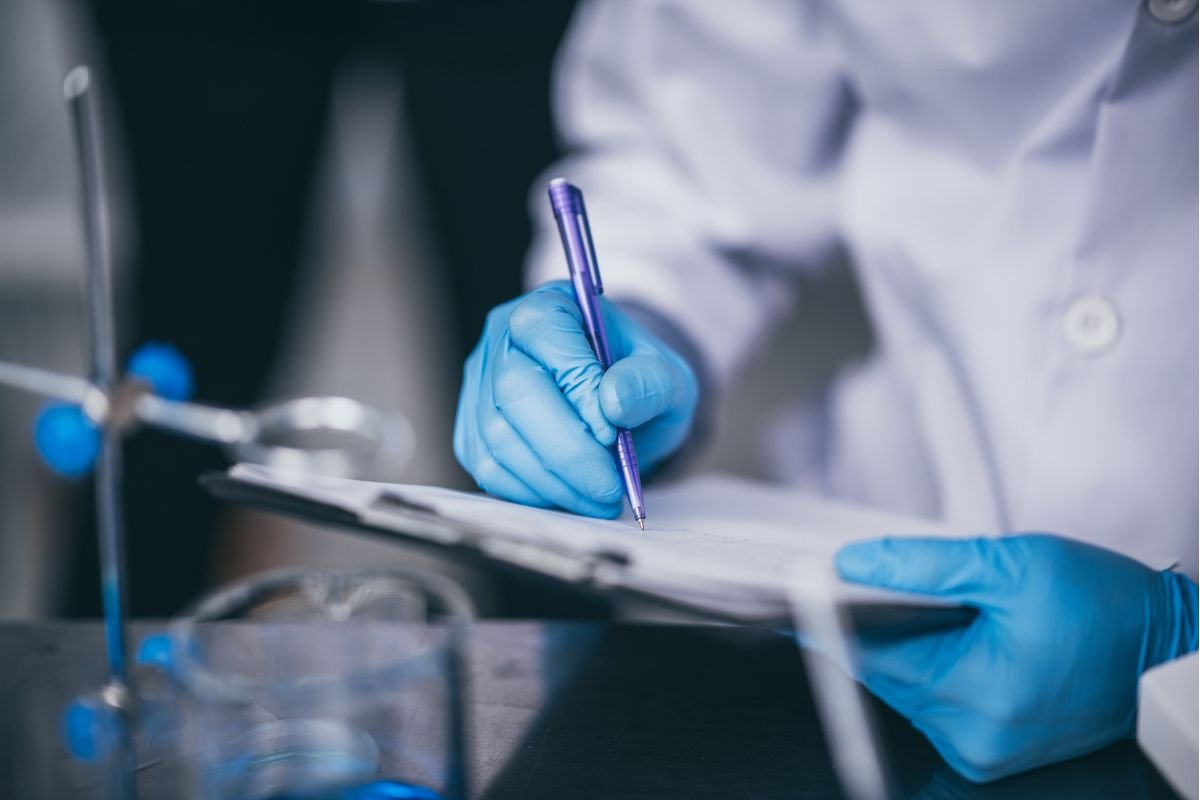Breakthrough Discovery in Stem Cell Therapy
A groundbreaking study conducted by researchers at the University of Maryland School of Medicine (UMSOM) has unveiled a novel approach in stem cell therapy to regenerate neural cells in the brain following cardiac arrest. Led by Professor Xiaofeng Jia, the study introduces the application of modified sugar molecules on human neural stem cells, significantly improving the therapy’s efficacy. Published in the Advanced Functional Materials Journal, this research represents a crucial step towards enhancing recovery for patients with cardiac-arrest induced brain injuries.
Addressing a Common Consequence of Cardiac Arrest
Brain injury stands as the most prevalent consequence of cardiac arrest, attributed to the disruption of blood flow and oxygen supply to the brain. Shockingly, approximately 70 percent of the nearly 7 million individuals who experience cardiac arrest annually suffer long-term brain damage leading to permanent disability. Stem cell therapy has long been considered a potential solution; however, challenges arise due to the harsh microenvironment of the brain, hindering stem cell retention and integration at injury sites.
Promising Results and Future Directions
The study’s innovative approach involves metabolic glycoengineering to modify the sugar molecules enveloping cells, enhancing stem cell viability within the brain. Utilizing a rat model, researchers compared the effects of untreated neural stem cells to those treated with the TProp sugar analog. Results revealed significantly improved brain function, reduced anxiety and depression-related behaviors, and activation of the Wnt/β-catenin signaling pathway crucial for cell function. Moreover, glycoengineered stem cells demonstrated enhanced synaptic plasticity and reduced neuroinflammation, offering superior potential for brain regeneration and recovery. Dean Mark T. Gladwin, MD, emphasized the importance of further translational research to determine optimal delivery routes and timing for stem cell therapy, paving the way for potential clinical applications.
This pioneering study signifies a significant advancement in regenerative medicine, offering hope for improved outcomes in patients suffering from cardiac-arrest induced brain injuries. With continued research and development, glycoengineered stem cell therapy holds promise for transforming the landscape of neurological rehabilitation and recovery.

